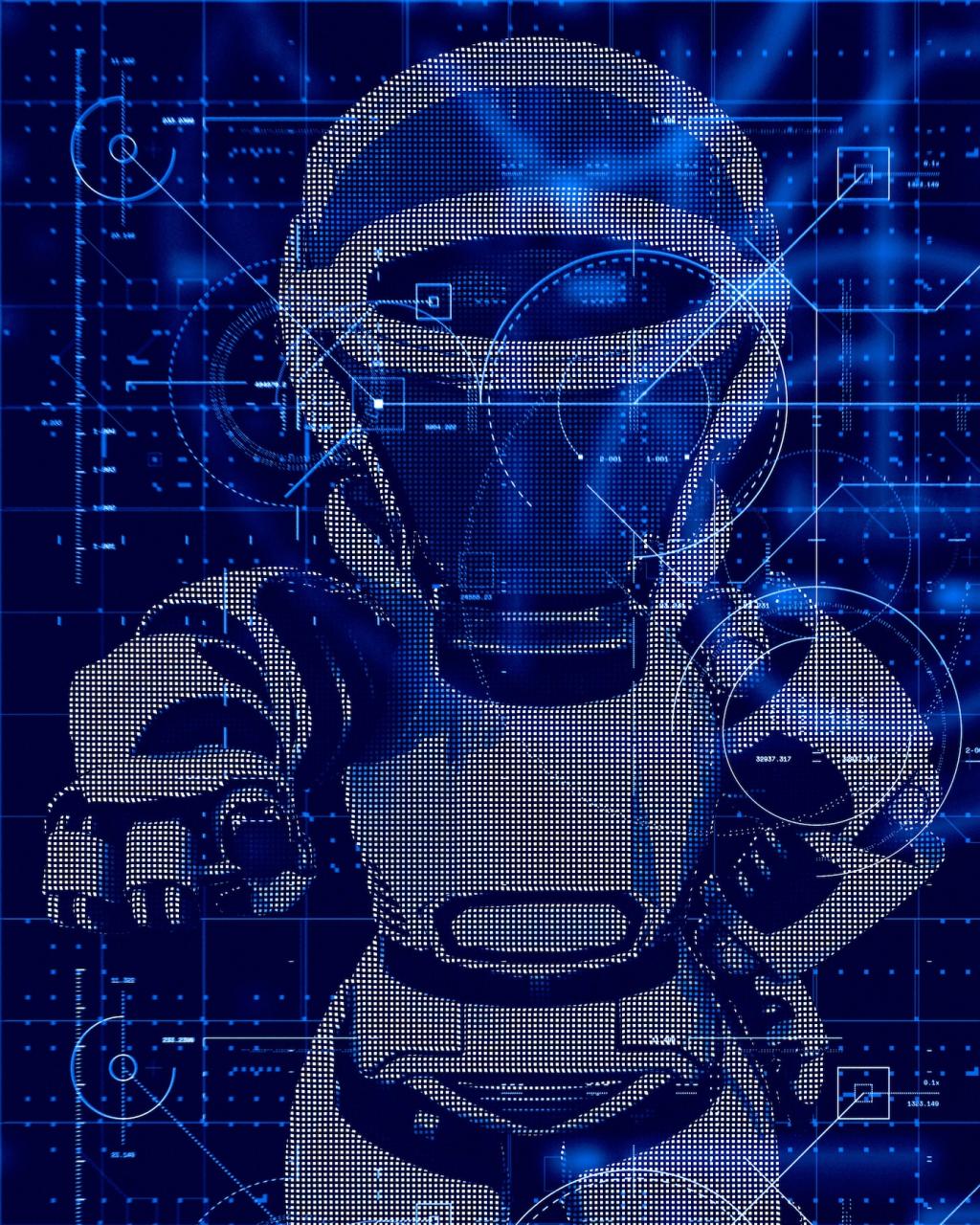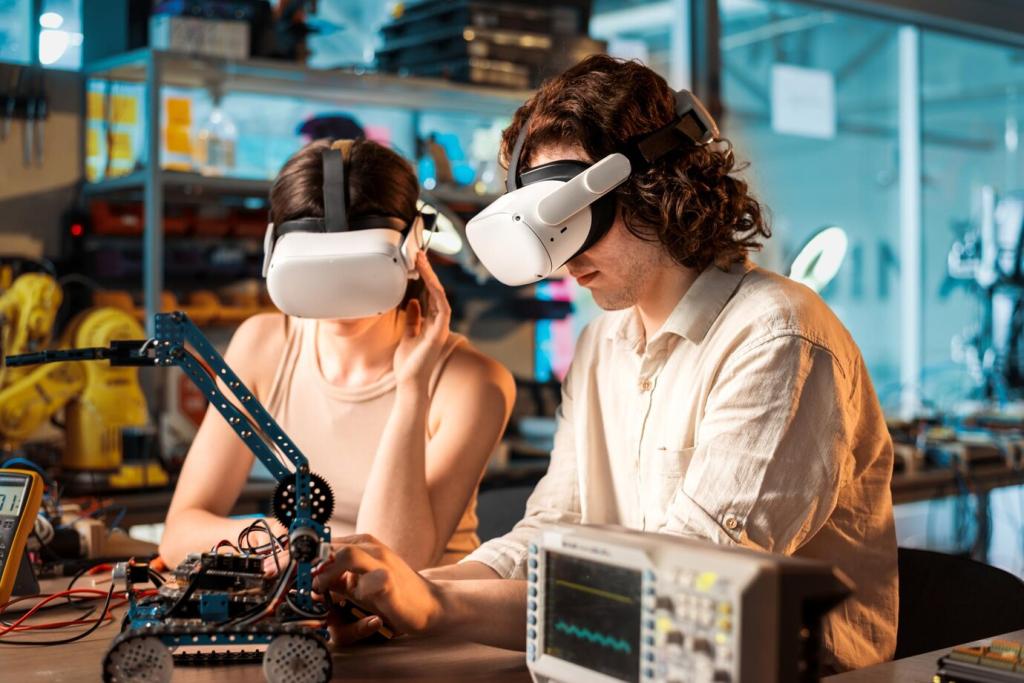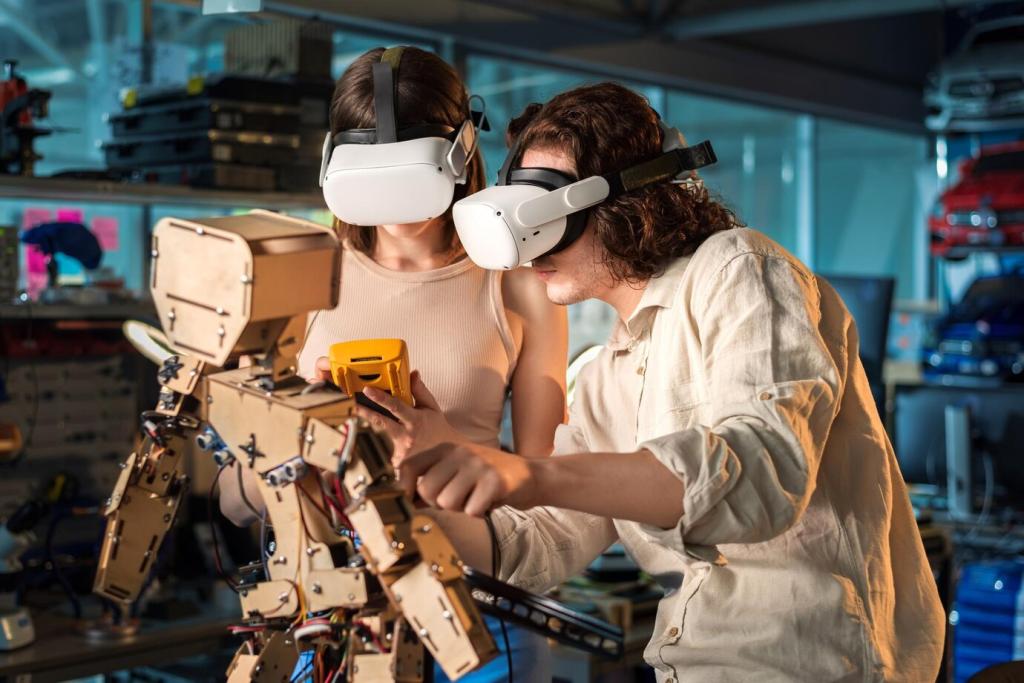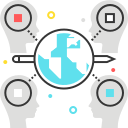Applications of AI in Everyday Life
Artificial Intelligence has seamlessly integrated into our daily routines, often without us even realizing it. From how we communicate and travel to health management and home tasks, AI technologies are revolutionizing the way we live. This transformation is making life more convenient, efficient, and accessible, optimizing processes and enhancing experiences across a wide range of domains. In this overview, we explore several significant ways AI is making an impact in common, everyday scenarios, highlighting the profound changes this technology is driving.

AI in Personal Communication
AI-driven translation tools have become indispensable for breaking down language barriers. With technologies like neural machine translation, conversations across different languages are now almost instantaneous, allowing users from varied backgrounds to communicate without misunderstanding. Voice recognition systems, backed by sophisticated AI, transcribe spoken words into written text accurately, making communication easier for professionals during meetings, aiding the hearing impaired, and simplifying note-taking tasks. The real-time nature of these technologies saves time and reduces errors, promoting inclusivity and collaboration. As AI continues to learn from vast multilingual datasets, these tools become ever more accurate and nuanced, reflecting regional dialects, cultural references, and conversational context, which enriches global communication.

Automated Home Appliances
AI-infused appliances have transformed how we handle chores and household upkeep. Modern washing machines can sense load sizes and fabric types, adjusting water and detergent usage for optimal results. Refrigerators use cameras and sensors to track items, suggest recipes, and remind users of food nearing expiration, helping reduce waste. Robotic vacuum cleaners equipped with advanced AI mapping navigate rooms smartly, avoiding obstacles and creating efficient cleaning paths. These helpful home assistants can even be controlled from a smartphone while away, offering a new level of convenience and time-saving for busy families. The continuous evolution of AI in appliances ensures that these machines get smarter over time, learning household patterns and adapting to individual preferences, thereby providing a tailored and hassle-free home experience.

Intelligent Climate and Energy Control
AI technology is making homes more sustainable by revolutionizing the way we use energy and maintain comfort. Smart thermostats learn individual schedules and climate preferences, automatically adjusting heating and cooling to maximize comfort while minimizing energy waste. These systems analyze weather forecasts, detect occupancy, and consider external conditions to fine-tune temperature settings, reducing energy bills and environmental impact. Advanced AI algorithms sense patterns in users’ routines and adjust lighting, heating, or cooling accordingly, switching off systems in unoccupied rooms or dimming lights during the day. AI-based climate control is particularly beneficial in homes with renewable energy systems like solar panels, balancing usage and storage intelligently for efficient and eco-friendly living.

The proliferation of fitness trackers and smartwatches is a testament to AI’s role in promoting healthy lifestyles. Devices from leading brands use AI algorithms to analyze a range of data points such as heart rate, sleep quality, physical activity, and even blood oxygen levels. These wearables provide insights that help users set realistic fitness goals, monitor progress, and adjust exercise regimens based on trends in their health data. AI models can notice subtle changes and patterns, such as irregular heartbeats or declining activity levels, and provide timely alerts or suggest visits to healthcare professionals. With continual monitoring and AI-driven feedback, users are empowered to make better decisions for their health, turning everyday data into actionable wellness strategies.

AI-powered virtual health assistants are revolutionizing access to medical guidance. These digital platforms use sophisticated machine learning models to assess symptoms, provide recommendations, and even schedule appointments. Users can describe their symptoms in natural language, and the system responds with guidance based on up-to-date medical knowledge and personal health histories. Symptom checking tools help individuals identify potential conditions and direct them to the right care, reducing unnecessary doctor visits and alleviating the load on health systems. Besides convenience, these tools maintain user privacy and continually learn from millions of anonymous interactions, refining their accuracy and personalizing advice for future users.

The growing emphasis on mental health has driven the adoption of AI-assisted platforms designed to support emotional wellbeing. Chatbots and companion apps are employing natural language processing to provide empathetic listening, mood tracking, and personalized coping strategies. AI analyzes patterns in user interactions, voice tones, and writing styles to detect signs of anxiety, depression, or stress, and then intervenes with appropriate resources or encouragement. These tools are available 24/7, offering support whenever someone needs it, and often serve as a crucial first step toward seeking professional help. The anonymity and accessibility of AI-powered mental health apps make them especially beneficial for people reluctant or unable to access traditional care, thereby democratizing mental wellness resources.
